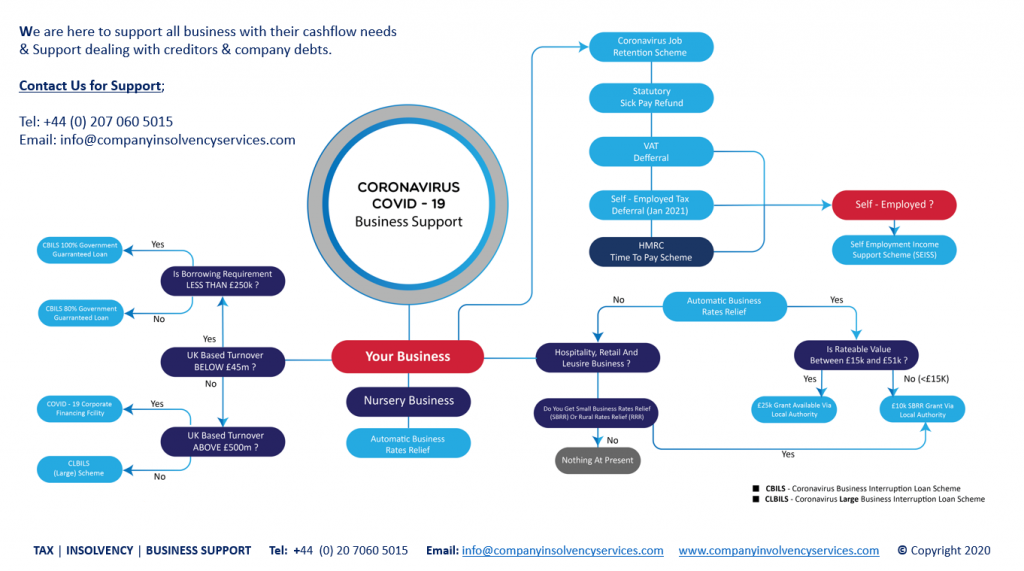Before a company problem can be solved , one should be able to analyze , understand and identify these problems before hand. Sometimes, dealing with the day-to-day of the company and its management, prevents us from seeing the real evils that lie in wait for it: reduced sales, increased costs or lost productivity, among others. It is necessary to stop and assess the situation in a realistic and detailed way.
Without a doubt, the economic problems of the company are the true workhorse for SMEs and the self-employed. Without money the business does not survive. Meeting payment deadlines is not always possible, and this causes numerous inconveniences for both the customer and the provider.
Financial problems?
I know you know, because it is not the first time that we tell you that when a company has financial problems, it is not necessarily what you need to solve them is to look for financing. Lack of cash is a symptom, not the cause of lack of money.
Today we are going to tell you about some of the causes that can cause financial problems in your company.
Due to external causes
We have no capacity to act on external causes.
When you are not a large company or part of a business lobby, you can hardly have an impact on external causes. But they will affect you. Examples of external causes are a general crisis, changes in the market, technological changes, lack of demand, increased competition, high taxes, etc …
Any of these causes can end up causing financial difficulties, and since you cannot act against them, the only option you have is to prepare to manage and adapt.
Due to internal causes
- The partners have not provided sufficient capital
It is one of the most common mistakes. The capital contribution is usually low compared to what is needed because people who start a business are usually very optimistic about their commercial forecasts. They tend to anticipate more income and sooner than they actually arrive. Partner contributions should reflect sufficient financial commitment for the individuals or entities that we want to contribute additional money to our business.
- Excessive debts to finance investments
An investment is a disbursement we make because we expect a return in the future. When an investment is profitable, it means that we hope to obtain positive results. These results will allow us to repay the debt with which we have financed them. But relying excessively on debt to finance investments does not eliminate the risk inherent in the business itself. External causes that can negatively affect demand and our results exist. You should minimize the risk of being trapped in a debt that you cannot repay.
- Excess short-term debt
It is another of the most common mistakes, which consists of financing investments and the activity itself in the short term, especially with credit policies with maturities of 1 year. For many years, this error was promoted by the banks themselves, which facilitated obtaining credit and allowed companies to be in an apparent financial comfort that ended suddenly if said credit was not renewed.
- Accelerated business growth
Financial needs do not end with the first sales or the first positive results. Many times it is the opposite. The more you grow, the greater the financial problems. In many companies, increasing sales is accompanied by increasing the collection period for customers, increasing stocks, or both. It is what is usually called dying of success, and it is one of the most poorly understood difficulties. The belief that if the business goes well, we will not have financial difficulties is widespread and is not strictly true.
- Increase in customer delinquency
It is very important to be alert to the first symptoms because a single incident can become a trend in a sector and leave you with a major financial problem. It is not easy to make the decision not to sell to whom you have already granted a certain volume of credit, but you should seriously consider it before the impact on your financing is too high.
- Excessive investment in stocks
While the products you sell are in stock, you have to finance them. You are going to have to pay suppliers whether you sell them or not. So having many different product references increases financial needs. It is also true that depending on the activity of the company, there is a minimum stock that you cannot avoid having. It’s about that of balance. It is about investment being adequate.
Be aware that, before seeking financing, the first thing you need to have is to have a good diagnosis of the problem.
Of the 6 problems that we tell you today, we can divide the possible solutions into two types:
- Financial: For the first 3 cases, the solution can be identified from the historical data, quantifying the optimal financing of the company. The key is to take into account the balance between partner contributions and external debt, and the balance between the short and long term.
- Business strategy: For the following 3 cases, in addition to the historical situation, it is necessary to have a greater perspective and knowledge
To identify the optimal financial solution, the quantification of financial needs will depend not only on the balance between capital and debt but also on the strategy that the company is following with respect to its market and its clients.
A good diagnosis is key. Lack of an adequate financial approach and correct financial policy is one of the most serious threats to the sustainability of the company.




